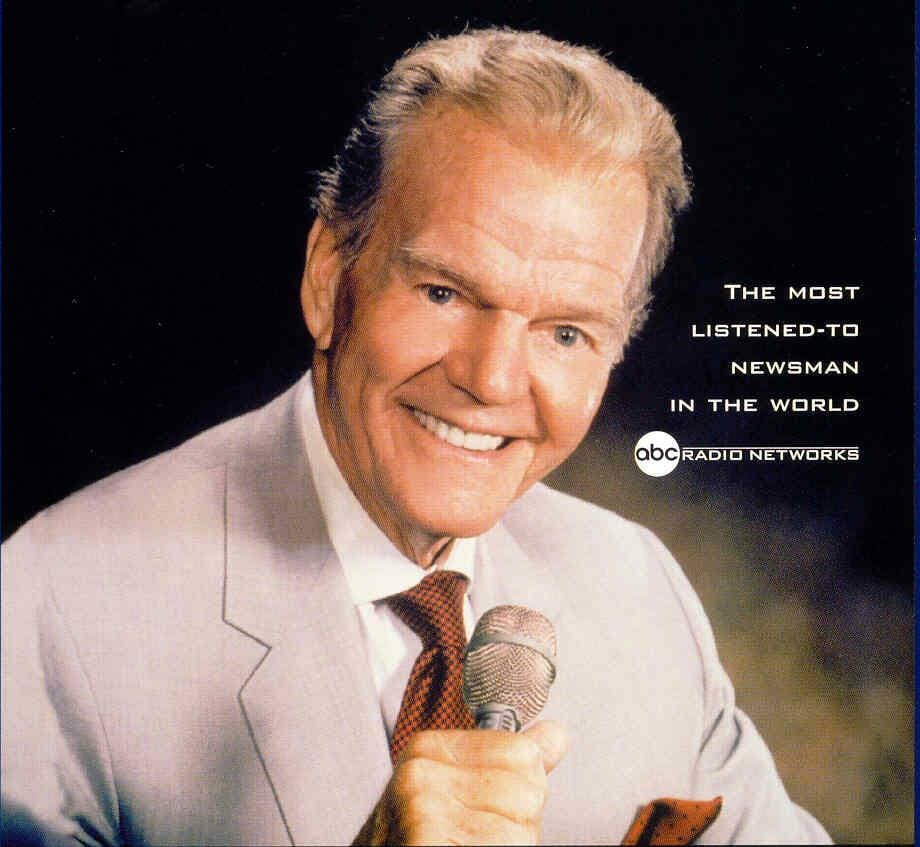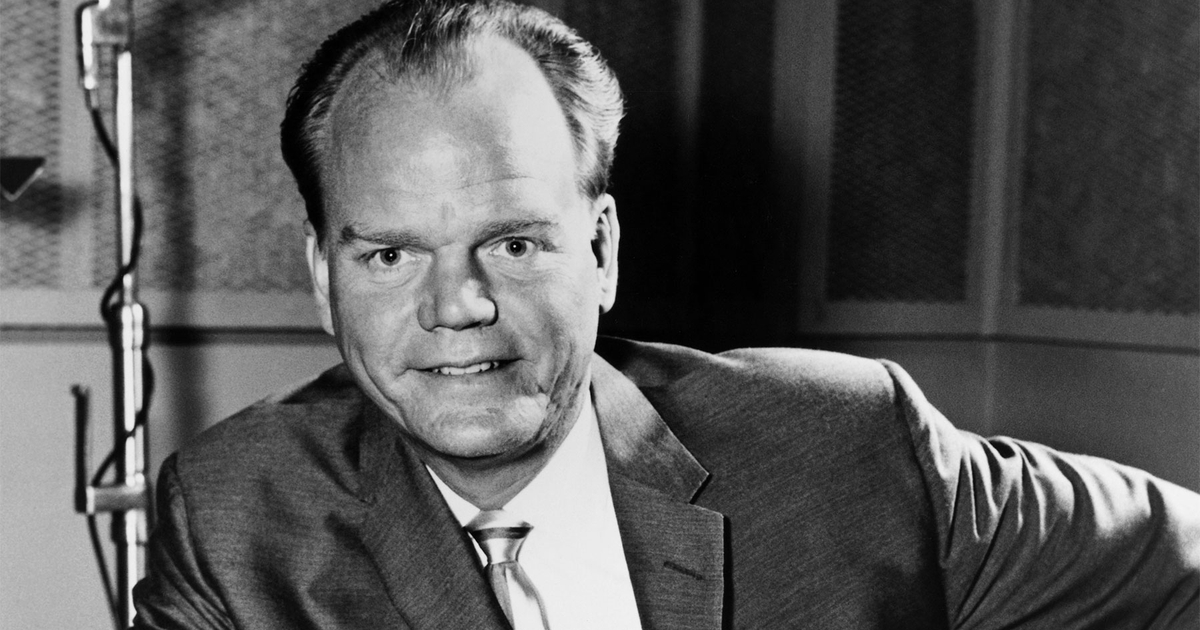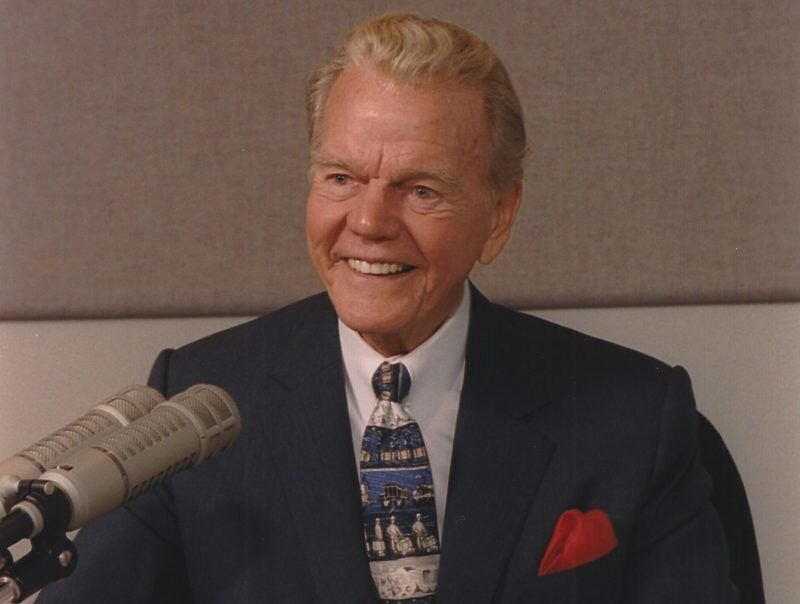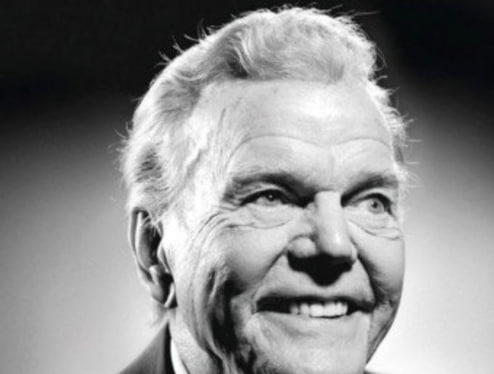Paul Harvey, one of the most recognizable radio voices in American broadcasting history, left an enduring legacy through his unique commentary style and thought-provoking messages. Among his many broadcasts, one of the most enduring is his 1965 monologue titled “If I Were the Devil”. This speech, delivered during a time of great social and political transformation in the United States, has been widely circulated in recent years for its perceived relevance to contemporary societal issues.

Who Was Paul Harvey?
Paul Harvey Aurandt (1918–2009) was a nationally syndicated radio host whose career spanned more than 50 years. He was best known for his daily “The Rest of the Story” segments and his insightful news commentaries, which reached an estimated 24 million weekly listeners at the peak of his popularity, according to ABC Radio Networks.
Harvey’s delivery was distinctive, characterized by dramatic pauses, rich storytelling, and a conversational tone that captivated audiences across generations. He was inducted into the National Radio Hall of Fame and awarded the Presidential Medal of Freedom in 2005 by President George W. Bush in recognition of his contributions to American broadcasting.

“If I Were the Devil”: The 1965 Broadcast
On April 3, 1965, Harvey broadcasted a monologue titled “If I Were the Devil”. The commentary was not meant to be a literal theological assertion but rather a figurative narrative illustrating the moral and cultural challenges that Harvey believed American society could face if it strayed from traditional values.
In the speech, Harvey imagined what strategies evil might use to undermine societal foundations. He warned about potential moral decline, the erosion of faith in institutions, and the challenges facing families, education, and media. Though poetic in tone, the broadcast was framed to prompt listeners to reflect on the direction of American culture.
Historical Context
To understand the significance of Harvey’s message, it’s important to view it within the historical context of the 1960s. This was a decade marked by:
-
The Civil Rights Movement, which challenged institutional racism and promoted social equality.
-
The Vietnam War, which spurred national division and widespread anti-war protests.
-
Cultural shifts, including the counterculture revolution, greater personal freedoms, and challenges to traditional authority figures.
Amid these developments, Harvey used his platform to express concern about societal changes that, in his view, could have long-term consequences. His commentary was one of many voices—both secular and religious—engaging in national dialogue about values, tradition, and the future of the country.

Enduring Public Interest
In recent years, Harvey’s “If I Were the Devil” commentary has resurfaced on social media platforms and websites. Many have drawn comparisons between the societal concerns he outlined and current issues such as:
-
The role of technology and social media in shaping behavior and opinion
-
Debates over education, curriculum, and parental rights
-
The evolving role of religion in public life
-
Ongoing challenges related to mental health, substance use, and economic inequality
These comparisons, while anecdotal, demonstrate how Harvey’s storytelling continues to resonate with a broad audience. However, it is important to distinguish between cultural commentary and factual prediction. Harvey was offering an opinionated perspective, not a prophecy or a literal forecast of future events.

Influence on Public Discourse
Paul Harvey’s work contributed to the tradition of American commentary journalism, which blends reporting with personal perspective. His ability to connect with listeners on emotional and philosophical levels made him a trusted voice, particularly among older generations and those who valued conservative or traditional viewpoints.
While “If I Were the Devil” may seem stark or cautionary, its purpose was likely to spark reflection rather than fear. Harvey challenged listeners to consider how small cultural shifts could accumulate over time, altering the values of a society.
The Importance of Media Literacy
As Harvey’s work is shared widely online, it is important for audiences to practice media literacy—the ability to analyze, evaluate, and interpret messages in their proper context. His 1965 commentary was a work of rhetoric and metaphor, not an empirical analysis. Understanding this helps prevent the spread of misinformation or the misinterpretation of his intent.
For example, Harvey’s use of figurative language—such as references to “the Devil” or “enslaving” society—is clearly metaphorical and rooted in a particular worldview. While compelling, such language should not be mistaken for factual reporting or evidence-based forecasting.

Paul Harvey’s Legacy
Paul Harvey passed away in 2009 at the age of 90, leaving behind a powerful legacy in American journalism. His storytelling influenced generations of broadcasters, and his voice became a fixture in homes, cars, and workplaces across the nation. His son, Paul Harvey Jr., continued some of his father’s programming, ensuring the preservation of this unique radio tradition.
Harvey’s work is now archived in multiple institutions, including the Museum of Broadcast Communications, where researchers and the public can revisit his contributions. His most famous segments, including “If I Were the Devil,” are often referenced in discussions about the moral and cultural trajectory of the United States.

Final Thoughts
Paul Harvey’s 1965 broadcast “If I Were the Devil” continues to be a topic of conversation decades after it first aired. While it was never intended as a factual prophecy, its narrative power lies in its ability to encourage deep reflection on societal values, ethics, and personal responsibility.
Listeners and readers today can benefit from revisiting Harvey’s work with an open mind and critical thinking, using his words not as a definitive roadmap, but as a mirror through which to examine contemporary issues. In doing so, his voice remains not just a relic of the past, but a relevant part of America’s ongoing cultural dialogue.
Sources:
-
ABC Radio Networks (archival information on Paul Harvey’s career)
-
The Museum of Broadcast Communications – Paul Harvey profile
-
National Radio Hall of Fame – Paul Harvey induction biography
-
Presidential Medal of Freedom citation, 2005
-
Library of Congress: “American Radio: Paul Harvey and the Voice of Middle America”
